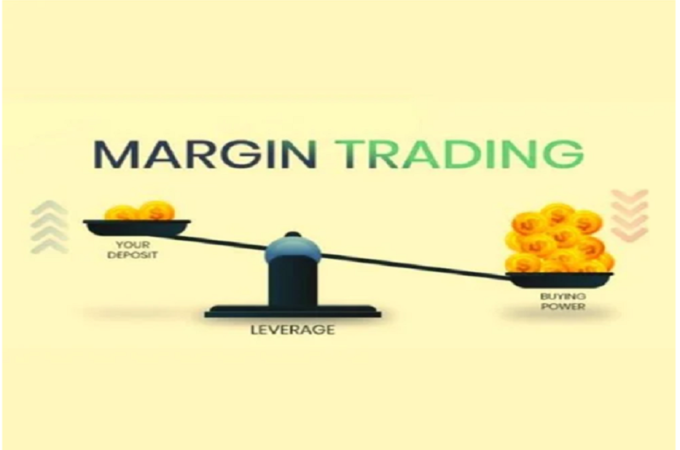
What to do if your stock is crashing
Are you worried that your stocks are crashing? You’re not alone; with the recent volatile market conditions, investors worldwide have been affected. But it doesn’t mean all hope is lost. There are many strategies you can use to help limit losses and protect yourself against further drops in the stock market – and we’ll be discussing what these measures look like in this article.
We’ll take an in-depth look at tactics such as stop loss orders, diversification, rebalancing portfolios and more – so read on if you want to learn how to navigate turbulent markets and ensure your investments stay safe.
Assess the current state of your stock portfolio and determine which stocks are losing value
As an investor in the stock market, it is crucial to assess the performance of your stock portfolio regularly. Examining your portfolio can help you to determine the stocks that are losing value and make informed decisions about your investments. Whether you are a seasoned professional or an amateur trader, understanding the current state of your portfolio is critical to maximising your returns.
By analysing your trade stocks and monitoring how they perform in the volatile market, you can identify patterns and make strategic decisions that will benefit your financial success in the long run. Take the time to evaluate your investments regularly to stay ahead of the game and ensure the best possible outcomes for your future.
Analyse your finances and determine what kind of risk you can afford to take on
The stock market can be unpredictable, and there is always an inherent risk involved when investing. Before making any decisions related to your investments, you must analyse your financial situation and determine what level of risk you are comfortable with. This analysis should also include considering factors such as your age, income, and overall financial goals.
If you have a low-risk tolerance, consider diversifying your portfolio and investing in more stable stocks. On the other hand, if you have a high-risk tolerance and are looking for potential higher returns, then you may be willing to take on more volatile stocks. Regardless of your risk tolerance, it’s crucial to make informed decisions that align with your financial goals.
Research alternative investment opportunities that could be more profitable in the long term
When the stock market is crashing, keep an open mind and consider alternative investment opportunities that could potentially be more profitable. It may include investing in different industries or assets such as real estate, bonds, or commodities, and staying away from stock trading for the time being.
Diversifying your investments can help mitigate risk and protect against market volatility. By researching and exploring alternative investment opportunities, you can broaden your portfolio and find new avenues for financial growth.
Re-evaluate your investment goals and make sure they are still aligned with your financial objectives
During times of market instability, it’s crucial to re-evaluate your investment goals and make sure they are still aligned with your overall financial objectives. Market conditions can change rapidly, and what may have been a viable investment strategy before may no longer be suitable in the current state.
Take the time to reassess your long-term financial goals and adjust your investment strategy accordingly. It may include reallocating funds to different investments or shifting your focus towards short-term gains rather than long-term growth. By regularly re-evaluating and adjusting, you can ensure that your investment goals stay aligned with your financial objectives.
Consider diversifying your investments by spreading out risk across multiple asset classes
Diversification is not just important; it’s a crucial strategy for successfully navigating turbulent markets. By spreading out your investments across multiple asset classes, you can effectively mitigate risk and significantly reduce the impact of any one market’s ups and downs.
Consider diversifying your portfolio by investing in different industries, companies, and assets such as stocks, bonds, real estate, commodities, etc. By doing so, you create a well-rounded and resilient portfolio that can withstand market fluctuations. For example, if one industry experiences a downturn, the other investments in your portfolio can help offset any potential losses. Similarly, by investing in various asset classes, you can take advantage of different market cycles and potentially maximise your returns.
Stay up to date on the current market conditions so you can make informed decisions about when to buy or sell stocks
Lastly, it’s crucial to stay well-informed about the current market conditions and closely monitor your investments. By staying constantly updated on the latest market trends and fluctuations, you can make highly informed decisions regarding the opportune moments to buy or sell stocks.
To achieve this, use various resources such as reputable financial news channels, informative investment websites, and insightful expert analyses. By leveraging these tools, you can stay ahead of the game and gain a competitive edge. Additionally, this proactive approach will help you avoid making impulsive decisions driven by emotions or succumbing to panic during a stock market crash.





